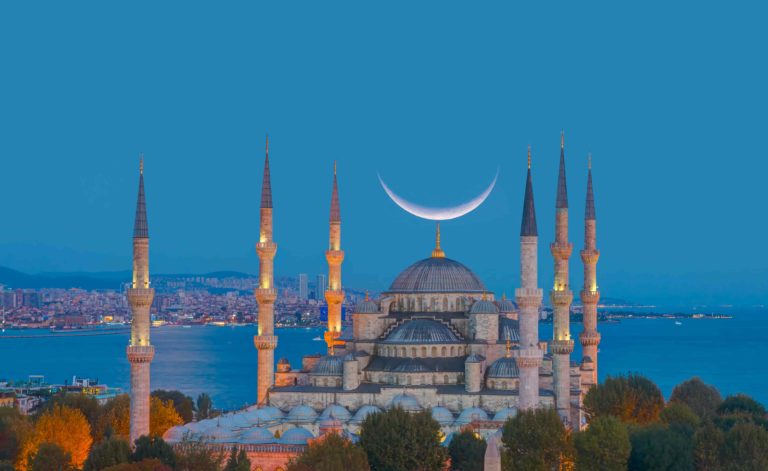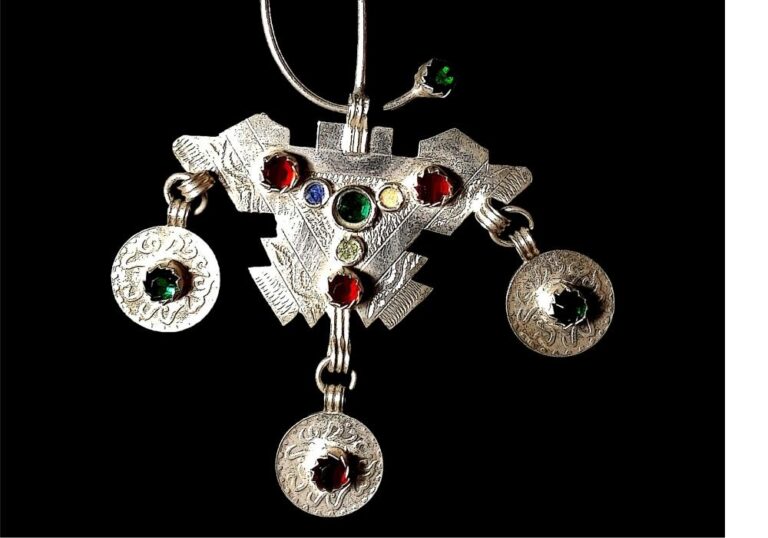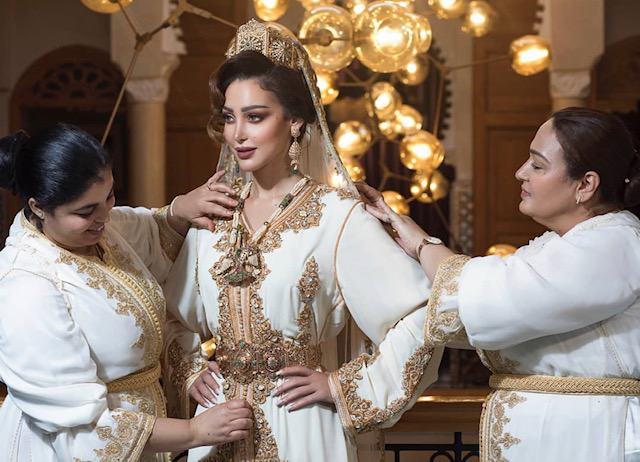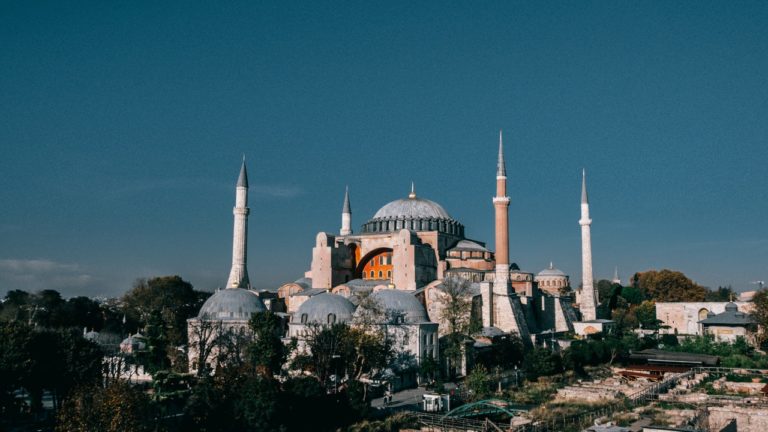Arab Culture: Language, customs, and heritage
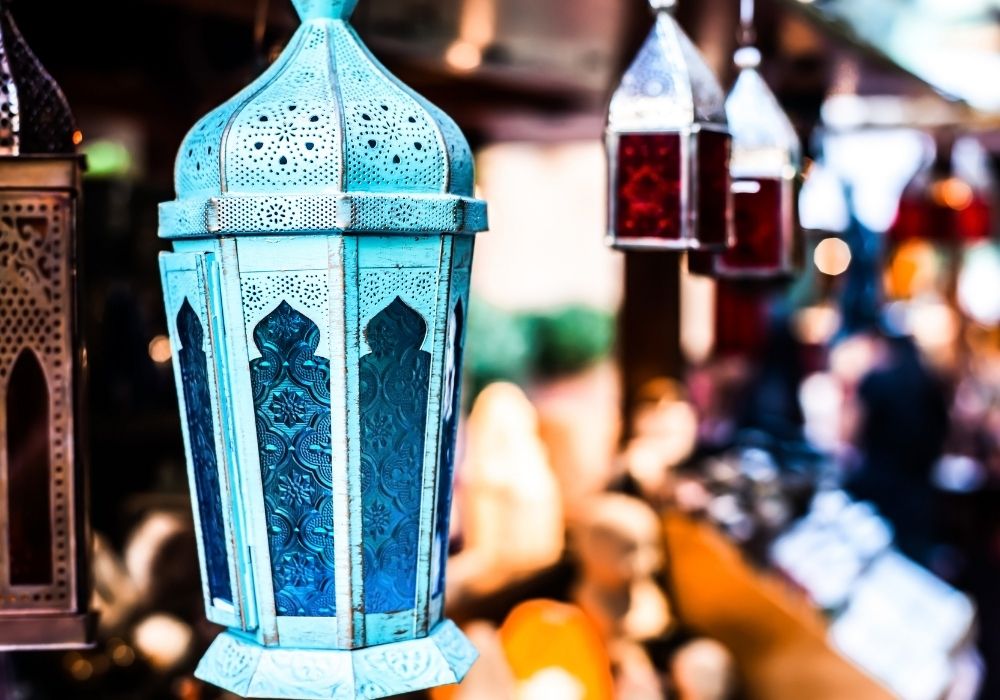
Arab culture is one of the most fascinating attractions that have a long history and a proud heritage.
The Arabian lands can be one of the most diverse cultural geographies in the world.
We’ll discuss what it means to be an Arab along with other cultural distinction in the Arab life such as religion, language, customs, and cuisine.
Table of Contents
What is an Arab?
Being an Arab is not a race nor is it a nationality, it’s actually a linguistic commonality. What makes a country Arab is their Arabic speaking ability.
While most Arabs are Muslim, there are many Arabs who speak the language but have different beliefs such as Christianity, Judaism, Hinduism, and even atheists.
Being an Arab is also not about racial identity as it’s very difficult to pinpoint what race Arabs belong to.
Most Arabs in Morocco, Algeria, Tunisia, Libya, Egypt, Iraq, Jordan, Kuwait, Lebanon, Oman, Palestine, Qatar, Saudi Arabia, Somalia, Sudan, Syria, Tunisia, United Arab Emirates, and Yemen.
However, a person from North Morocco will look nothing like a person from Sudan.
This is because Arabs come from different ethnic backgrounds which is why you might find Arabs with very prominent European features in West North Africa with Blonde hair and blue eyes but still find Arabs with dark skin, kinky hair, and West African features.
For now, being Arab means you have to be born in the twenty-two countries that stretch from Morocco to Bahrain.
Arabs are also not necessarily Middle Eastern well since it includes countries from Egypt to Morocco.
The Arabic Language:
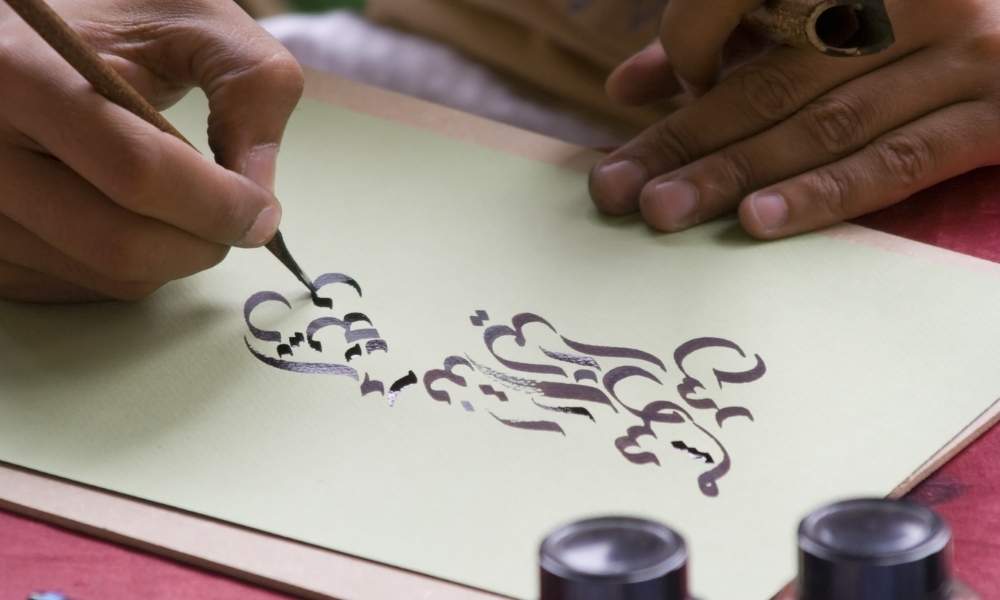
The Arabic language is the most prized element of being an Arab as it defines one’s identity. In fact, the Arabic language is what paved the way for what is known as Arab nationalism.
However, you’d be surprised to find out about the diversity of the Arabic language.
There are hundreds of Arabic dialects and accents that one Arab cannot understand the other although they are technically speaking the same language.
For instance, a person from Morocco who is at the North-Western African Part will barely understand what an Arab from Egypt or Sudan is saying. Even within the same country, some dialects vary wildly regionally.
However, the standardized Arabic language is used to unify all dialects and it is being used formally, in school, and in speeches.
The Arabic language is considered among one of the most difficult languages to learn along with Russian and Mandarin.
This is because of its unique grammar style and unorthodox linguistic modality.
It can be a challenge to learn Arabic, but it’s a lot easier if you’re in a country that speaks Arabic.
The Arabic language is full of poetry, beautiful prose written by one of the best writers as well as a cultural heritage.
Arabic Customs
Religion:
Religion is huge for Arabs. The vast majority of Arabs are Muslims and the latter dictates the way Arabs live at a substantial level.
The Abrahamic religions are all welcomed in Arab countries and respected in many countries.
However, it is no secret that Islamic belief is intertwined with Arab culture on a deep level.
One of the most important factors in Arab culture can be dated back to Islam. For instance, it’s traditional that women wear the hijab and are wearing modest clothing. Not to mention, relationships are forbidden unless they are married.
Family:
Family is huge in Islam and it comes second to Islam in order of importance to Arabs.
The most important people for an Arab would always be their family regardless of friends, work relations, or other relationships.
Most Arabs not only grow up in an Arab household with a lot of their extended family but will also live their whole life with their extended family.
Most young men and women will just move into the family of the husband to live with them for life.
Loner life and privacy about one’s affairs are not common in Arabic countries which is why you see that family bonds are very strong and they last a lifetime.
Hospitality:
Arabs are known for being the best hosts you will be with. Historically, this has not been a very common trait in Arabic countries until the arrival of Islam.
The prophet of Islam highlights the importance of providing nothing but the best for your neighbor and your guest.
In fact, you can ask to stay in the majority of Arabic families and they will accept to have you in for up to 3 days.
Arab Art, sports, clothing, and media:
Art:
Art in Arab countries is considered as a heritage in the culture. While it has changed drastically over the years, you will always find mesmerizing paintings and archeological sites that will impress any visitor in museums.
Cinema
Egypt takes the lead in this category with over 2,500 feature films. In fact, they were one of the first to highlight the importance of strengthening cultural values through movies.
While the United States and Russia had been exploring montage and editing to further get better at their craft, Egypt took this chance to use cinema as a medium to show the way Arabs lived in the world.
Sports:
Arabs are extremely fanatic about sports and football is the name of the game for Arabs.
Arabic countries put a lot of stock in their national team whenever it plays against other countries or for their favorite clubs.
Clothing
Religion and the weather dictate a lot when it comes to how people dress in Arab countries.
Most Arab countries will have females dressing modestly with very little skin showing to follow religious scripture.
Men and women wear long-covered dresses in most Arab countries at traditional or religious events such as during Ramadan or eid.
Arab cuisine:
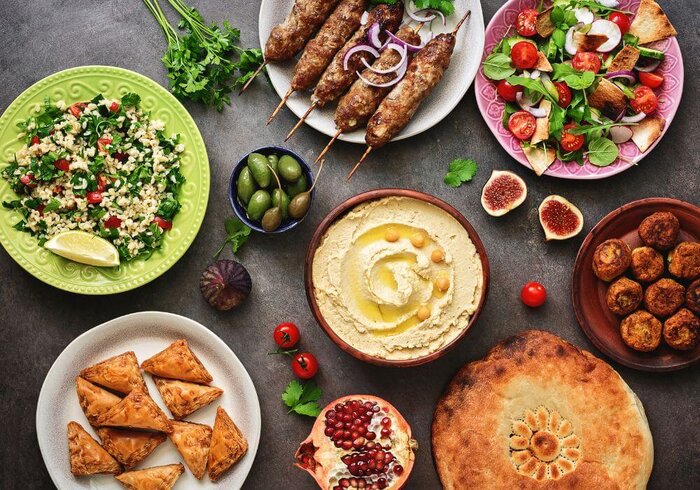
The original diet of Arabs historically has been heavy on wheat, dates, milk-based products, meat, and other foods that were available.
However, Arab cuisine is one of the richest and vibrant in Africa and Asia. Common dishes include Hummus, Foul meddamas, falafel, Tabouleh, shawarma, Baklava, couscous, and lots of stews.
An average household will eat lots of olive oil, whole wheat bread, milk-based products such as yogurt and cheese, and meat.
You can also almost always have the dish in a crockpot which can hold a lot of sauce, meat, vegetables, olives, and other toppings.
Most dishes in Arabic culture are eaten by everyone else. People will gather in a circle around the table and the food will be served on one large plate.
Everyone will then eat from a little spot that is closest to them using a piece of bread to dip the sauce and tear through the meat or vegetables.
Foods have a lot of spices and pack a flavor punch every time you eat them. You can also almost always expect tea with every single meal. Tea is a staple in every household in the Arab world.

